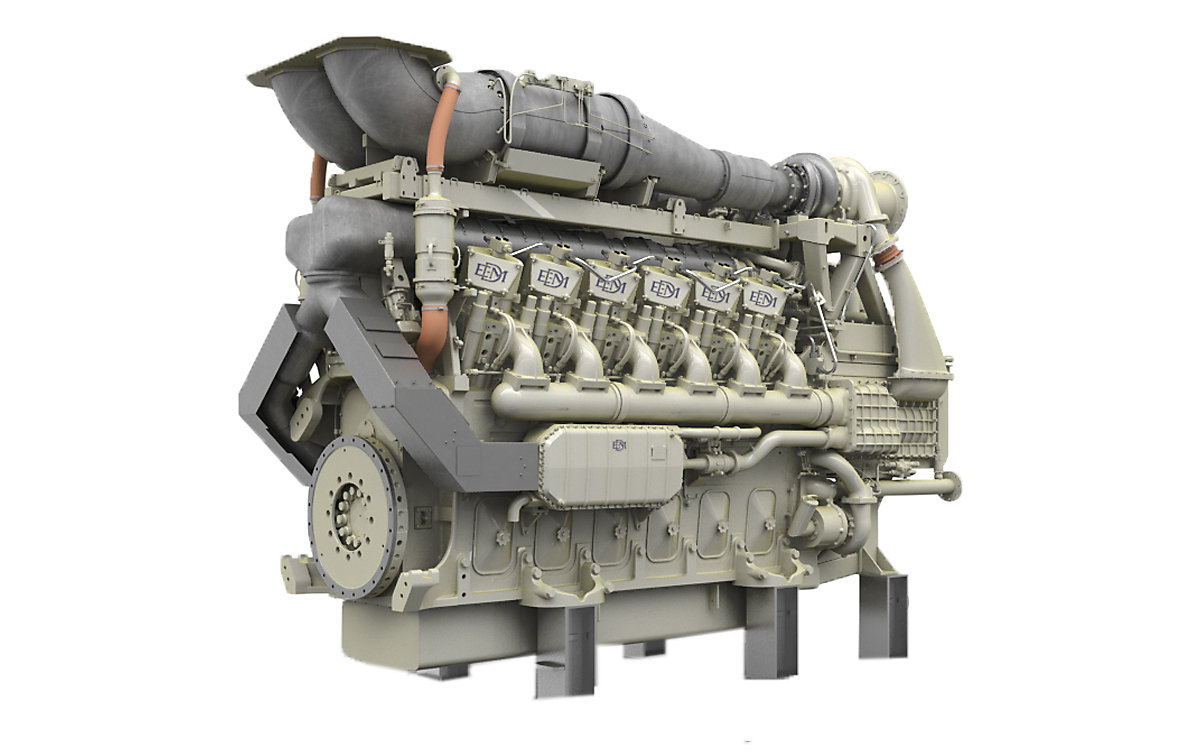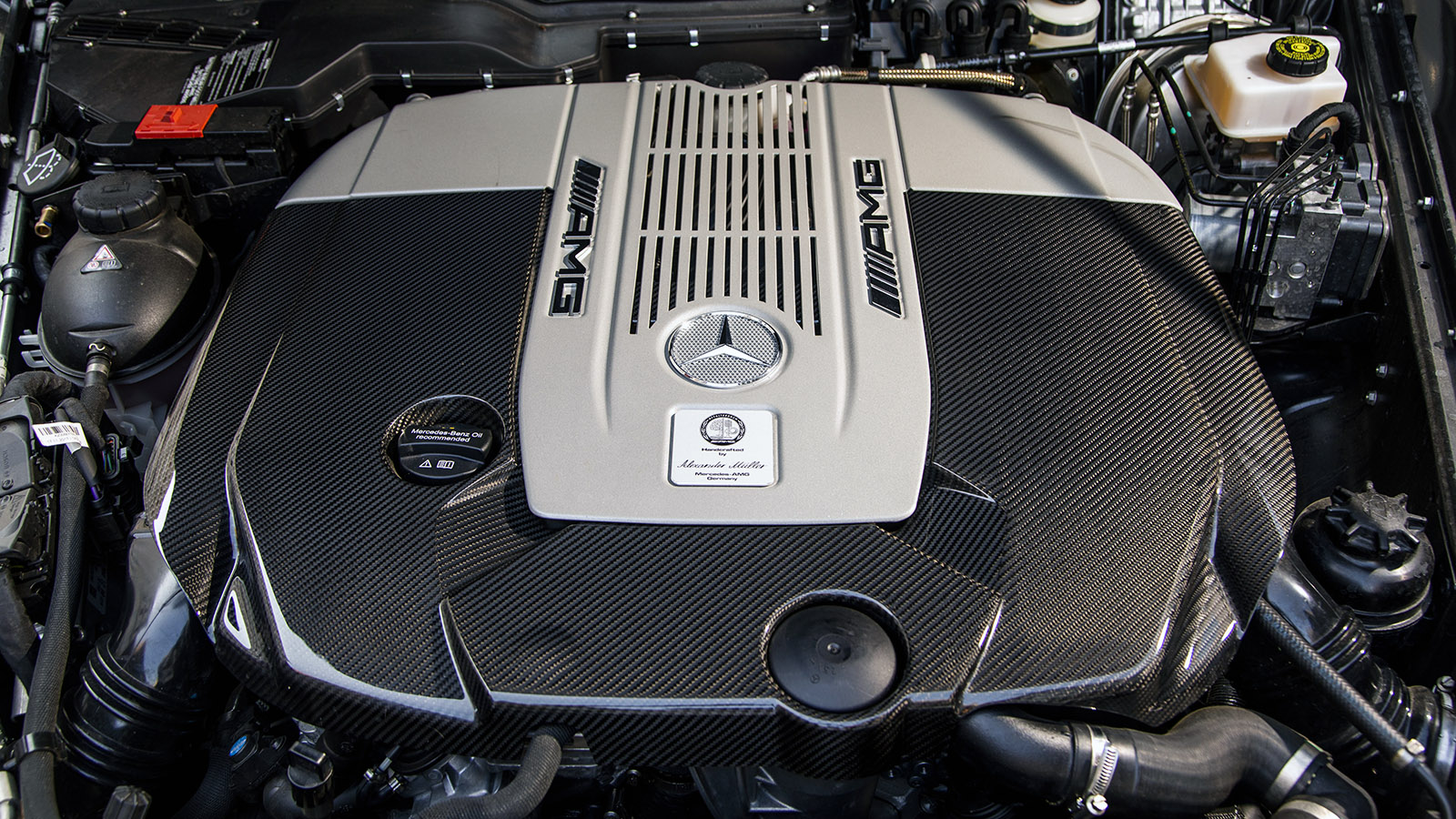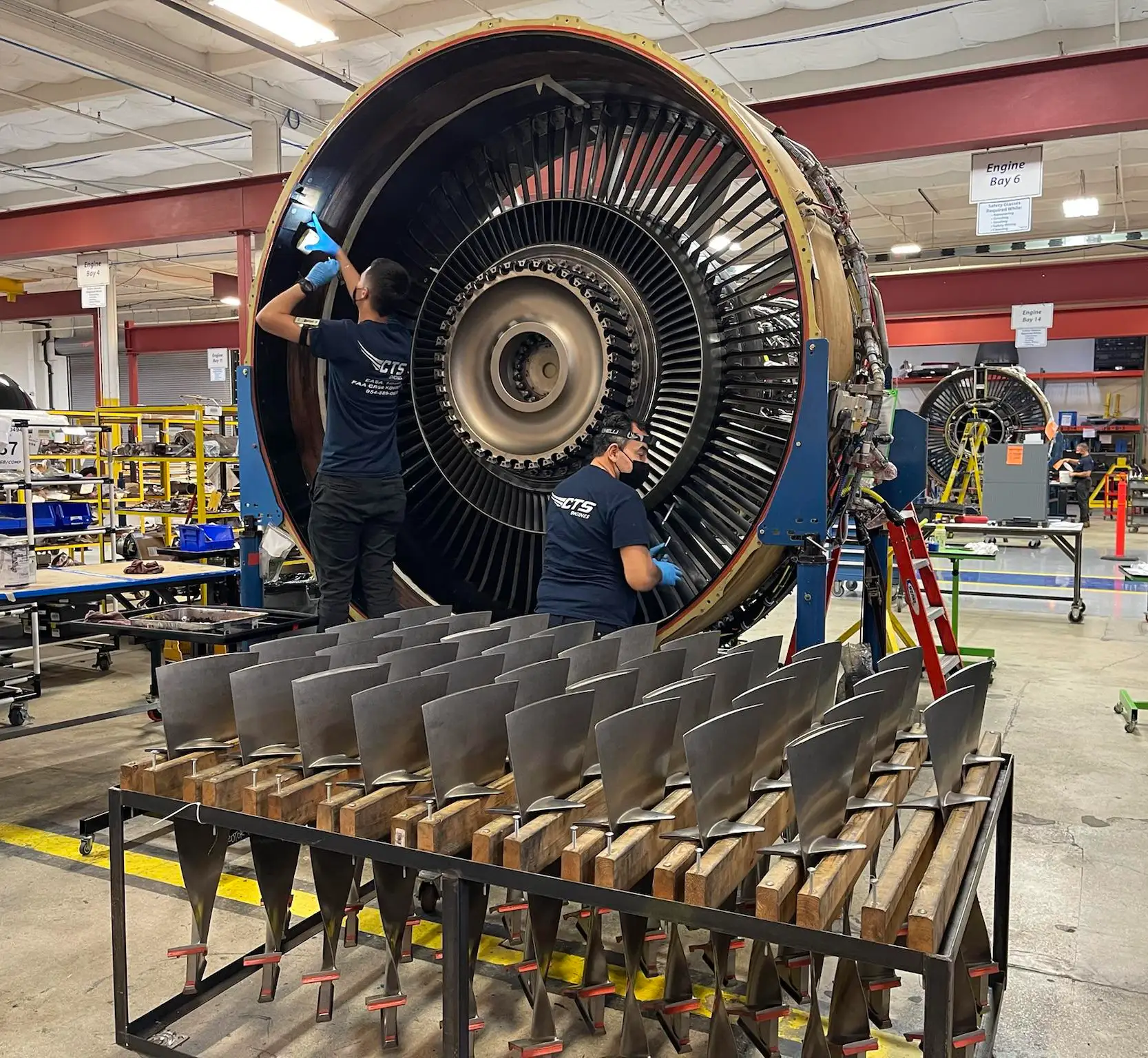Discover a Large Range of Engines for each Vehicle and Function
The automobile landscape is significantly intricate, with a diverse range of engine types created to satisfy details performance and performance needs throughout numerous vehicle categories. From the high-performance engines that power cars to the fuel-efficient options customized for everyday commuting, the selections are substantial and varied. Additionally, sturdy engines offer the needs of work cars, while environment-friendly options are gaining traction in the search of lasting transport. Comprehending these distinctions is vital for making notified decisions, especially as emerging technologies remain to form the future of vehicle design. What ramifications might these advancements hold for customers and suppliers alike?
Kinds Of Automotive Engines
Automotive engines can be categorized into numerous distinct kinds, each created to meet certain efficiency and effectiveness requirements. The most usual categories consist of interior burning engines, electrical engines, and hybrid systems.

Electric engines, on the other hand, run on electric power kept in batteries, giving instantaneous torque and no emissions. These engines are ending up being increasingly preferred because of advancements in battery innovation and the expanding focus on sustainability.
Crossbreed systems combine both interior burning and electrical engines, allowing lorries to enhance gas performance and lower discharges by seamlessly switching between power resources. Each engine type provides its benefits and disadvantages, affecting factors such as car style, planned use, and market demand. Recognizing these distinctions is essential for producers and customers alike when picking the proper engine for their details needs.
Performance Engines for Sports Cars
Performance engines for cars are specifically engineered to deliver enhanced dexterity, power, and speed, setting them in addition to typical auto engines. These engines usually make use of advanced innovations such as turbocharging, supercharging, and variable shutoff timing to optimize efficiency and responsiveness.
Usually, performance engines are designed with greater compression ratios, which permit for better energy extraction from gas. This results in outstanding horsepower and torque numbers, allowing rapid acceleration and higher leading speeds. Furthermore, the light-weight products utilized in these engines, such as aluminum and carbon fiber, add to lowered total lorry weight, improving handling and ability to move.
Engine configurations like V6, V8, and even hybrid systems prevail in performance sporting activities cars and trucks, each offering distinct benefits in regards to power shipment and driving characteristics. The tuning of these engines is also essential; several producers maximize the engine management systems to offer a thrilling driving experience, frequently including sport settings that change throttle feedback and gear changes.
Reliable Engines for Daily Commuters
In the realm of everyday travelling, efficient engines play an essential duty in optimizing fuel economic situation and reducing discharges while providing reputable efficiency. As city populaces grow and environmental worries intensify, the demand for vehicles furnished with reliable powertrains has actually surged.
Modern engines made for everyday commuters commonly include technologies such as turbocharging, straight fuel injection, and hybrid systems. Turbocharging enhances engine performance forcibly more air into the combustion chamber, enabling for smaller sized, lighter engines that do not endanger power outcome. Direct gas injection improves fuel atomization, causing far better burning and raised performance.
Crossbreed engines, incorporating interior burning with electrical power, additional enhance fuel economy, particularly in stop-and-go traffic, where conventional engines can experience inadequacies. Electric motors aid throughout velocity and can operate separately at reduced rates, minimizing total fuel consumption.
Moreover, advancements in engine monitoring systems and lightweight materials contribute significantly to efficient engine style. By concentrating on performance, resilience, and environmental sustainability, suppliers remain to deliver engines that not just meet the needs of daily commuting but also straighten with global efforts to decrease carbon impacts.
Heavy-Duty Engines for Work Vehicles
Heavy-duty engines for work lorries are regularly engineered to supply phenomenal torque and dependability under demanding problems. These engines are designed to carry out in environments where traditional engines might falter, such as construction sites, logging procedures, and agricultural setups. The primary focus of heavy-duty engines is their capability to generate high degrees of power while maintaining sturdiness over extended durations why not try this out of operation.
Normally, durable engines use innovative materials and durable construction techniques to hold up against the rigors of hefty workloads. Attributes such as enhanced cylinder blocks, improved air conditioning systems, and advanced gas injection innovations add to their effectiveness. These engines commonly operate at lower RPMs, which aids to optimize fuel performance while providing the required power for lugging and hauling.
Along with mechanical effectiveness, sturdy engines are often furnished with innovative electronic control units (ECUs) that manage efficiency, exhausts, and diagnostics. This assimilation permits better monitoring and maintenance, making certain that job vehicles remain functional and efficient.
Eventually, heavy-duty engines are an essential component in the productivity of various industries, offering the essential power and integrity to take on the hardest of jobs.
Eco-Friendly Engine Options
The expanding focus on sustainability has actually brought about the development of environment-friendly engine alternatives that focus on minimized discharges and enhanced gas effectiveness. These engines are created to lessen the environmental effect of cars while still delivering the efficiency and integrity expected by consumers.
Among the most notable green options are hybrid and electric engines. Crossbreed engines helpful resources integrate typical internal burning engines with electric propulsion, allowing for lowered fuel intake and lower greenhouse gas exhausts. Electric engines, on the various other hand, operate completely on battery power, producing absolutely no tailpipe discharges and adding to cleaner air quality.
One more promising advancement is the development of biofuel engines, which make use of renewable energies, such as plant materials, to power automobiles (Engines For Africa). By utilizing biofuels, these engines can reduce reliance on fossil gas and lower general carbon footprints

As the automotive sector develops, environment-friendly engine choices will certainly play a vital role in driving the change in the direction of even more lasting transportation remedies.
Final Thought
From high-performance engines that improve sporting activities vehicle abilities to effective designs focusing on fuel economy for everyday commuters, each type serves a details feature. Sturdy engines provide to durable work lorries, while eco-friendly options, such as electrical and biofuel engines, advertise lasting transportation.
